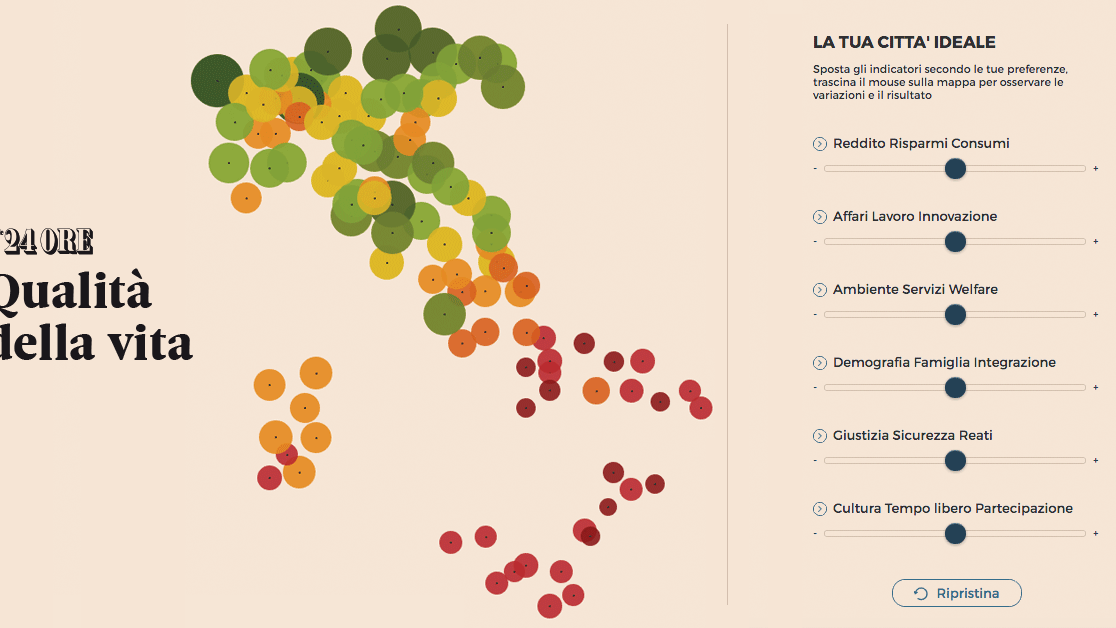CNIL's New AI Regulations: Practical Steps For Businesses

Table of Contents
Understanding the Scope of CNIL's AI Regulations
CNIL's AI regulations significantly expand upon the existing GDPR, focusing specifically on the ethical and legal implications of using AI systems within the context of data protection. The scope is broad, encompassing various types of AI and their applications. The regulations aim to ensure fairness, transparency, and accountability in the use of AI, emphasizing the protection of individual rights. The link to GDPR is vital; these new regulations are built upon and reinforce the principles already established within the GDPR framework.
-
Definition of AI systems covered: The regulations cover a wide range of AI systems, including machine learning, deep learning, neural networks, and expert systems. This isn't limited to sophisticated algorithms; even simpler AI applications processing personal data fall under this umbrella.
-
Specific AI applications affected: The impact spans numerous sectors. Facial recognition technology used in security systems, predictive policing algorithms, and automated decision-making systems in loan applications or hiring processes are all explicitly affected. Any AI system that processes personal data to make decisions about individuals faces stringent requirements.
-
Connection to GDPR: These regulations reinforce GDPR's principles of data protection. Processing personal data via AI must comply with all GDPR stipulations regarding consent, data minimization, and purpose limitation. The CNIL's regulations provide specific guidance on how to apply these principles in the context of AI.
-
Impact on data processing activities: All data processing activities related to AI are significantly impacted. This includes data collection, storage, processing, and the eventual deletion of data used by AI systems. Strict record-keeping and data security measures are paramount.
Key Principles for AI Compliance under CNIL Guidelines
Compliance with CNIL's AI regulations hinges on adhering to several core principles, all designed to protect individuals' rights and ensure ethical AI development and deployment.
-
Principle of transparency: Individuals must be clearly informed about the use of AI systems that process their data. This includes explaining how the AI works, the purpose of processing, and the potential consequences of automated decisions.
-
Principle of accountability: Businesses need robust documentation of their AI systems, including their design, training data, and decision-making processes. This allows for audits and ensures transparency regarding how AI impacts individuals.
-
Principle of human oversight: Human intervention and control should be maintained throughout the AI lifecycle. Automated decisions should not completely exclude human review, particularly in high-stakes situations.
-
Importance of data minimization and purpose limitation: Only the minimum necessary data should be collected and processed, strictly for the specified purpose. This directly mirrors GDPR requirements, and AI systems must not exceed their intended function regarding data handling.
Practical Steps for Implementing CNIL AI Compliance
Implementing CNIL AI compliance requires a multi-faceted approach, combining technical and procedural measures.
-
Conducting thorough Data Protection Impact Assessments (DPIAs): For high-risk AI systems, a DPIA is mandatory. This involves identifying and evaluating potential risks to individual rights and freedoms and implementing mitigating measures.
-
Implementing robust mechanisms for algorithm auditing and bias detection: Regular audits are necessary to detect and mitigate biases within algorithms. This includes examining the training data for any potential discriminatory factors and ensuring fairness in AI outputs.
-
Developing comprehensive employee training programs on AI ethics and compliance: Training employees on AI ethics and data protection regulations is crucial to fostering a culture of compliance within the organization.
-
Establishing clear data governance procedures specific to AI systems: Implementing a data governance framework specific to AI systems, addressing data access, storage, and usage policies.
-
Regularly reviewing and updating AI systems: The regulatory landscape evolves, and AI systems must be regularly reviewed and updated to reflect evolving requirements and best practices.
Addressing Specific AI Applications
The application of CNIL's regulations varies depending on the specific use of AI.
-
Specific considerations for using facial recognition technology: Strict limitations are placed on the use of facial recognition, requiring explicit legal grounds and adherence to strict data protection measures.
-
Guidelines for deploying automated decision-making systems: Transparency and human oversight are crucial for systems making decisions that affect individuals, such as loan applications or hiring processes. The potential for bias must be carefully assessed and mitigated.
-
Strategies for ensuring fairness and avoiding bias in AI algorithms: This involves carefully curating training data, testing for bias, and implementing mechanisms to ensure fairness in AI outputs. Regular audits and monitoring are essential.
Conclusion
Compliance with CNIL's new AI regulations is not optional; it's a necessity for businesses operating in France. Understanding the scope of the regulations, adhering to the key principles of transparency, accountability, and human oversight, and implementing the practical steps outlined above are crucial for avoiding penalties and maintaining ethical data practices. Proactive assessment of your AI systems and processes is key to ensuring compliance.
Don't wait for a penalty; proactively assess your AI systems for compliance with CNIL's new AI regulations today. Contact our experts for support in navigating these important changes and ensuring your business operates within the legal framework of AI in France.

Featured Posts
-
 Processo Becciu Data D Inizio Appello E Dichiarazione D Innocenza
Apr 30, 2025
Processo Becciu Data D Inizio Appello E Dichiarazione D Innocenza
Apr 30, 2025 -
 Neal Pionk Injury Updates Contract News And More
Apr 30, 2025
Neal Pionk Injury Updates Contract News And More
Apr 30, 2025 -
 Muere Joven Promesa Del Futbol Argentino Tristeza En La Afa
Apr 30, 2025
Muere Joven Promesa Del Futbol Argentino Tristeza En La Afa
Apr 30, 2025 -
 La Flaminia Guadagna Posizioni Un Importante Balzo In Avanti
Apr 30, 2025
La Flaminia Guadagna Posizioni Un Importante Balzo In Avanti
Apr 30, 2025 -
 Cleveland Cavaliers Post Trade Analysis And The Benefits Of A Team Break
Apr 30, 2025
Cleveland Cavaliers Post Trade Analysis And The Benefits Of A Team Break
Apr 30, 2025
